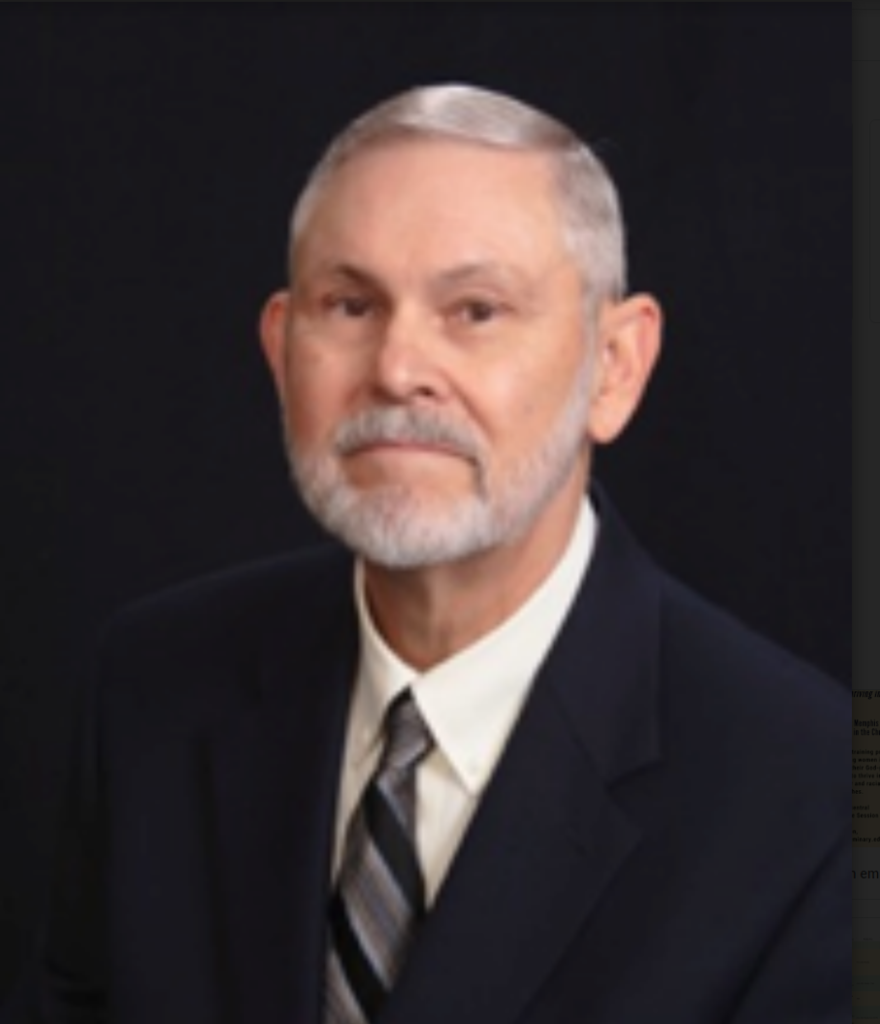
June 7th, 2020, marked the fiftieth anniversary of the 1970 graduating class of Memphis Theological Seminary. Rev. George Estes (M.Div, 1970) offers his reflection:
The commencement service was held that Sunday at 8 p.m. in the sanctuary of the former Highland Heights Cumberland Presbyterian Church in Memphis. Dr. Ewell K. Reagin was the preacher for the occasion, and President W.T. Ingram, Jr., presided in the service. Dean Thomas H. Campbell presented the nine persons who were granted the Masters of Divinity degree, three of whom were upgrading their previously earned Bachelor of Divinity degrees.
The Seminary was still relatively new to Memphis, having moved from McKenzie, Tennessee, in the summer of 1964. The faculty comprised the renowned “Magnificent Seven” who shepherded the move from the Bethel College campus to the new setting in Memphis, plus Richard W. Wells, a Presbyterian Church (USA) minister who was the first full-time non-Cumberland Presbyterian instructor. While remaining focused on preparation for pastoral ministry, the scope of the Seminary’s curriculum was extended to accommodate the growing fields of specialized ministry and scholarship. The student body was enriched in those years with the involvement of area African American pastoral leaders like Henry L. Starks and James Lawson. Already there were signs of a budding racial/ethnic, gender and denominational diversity in the student body and faculty that was to grow significantly in coming years.
This class’s Seminary experience was marked by dramatic social change. The Civil Rights movement, the escalation of the Vietnam War and resulting campus protests, Woodstock, the hippie movement, the sexual revolution, riots and unrest – all were part of the national landscape in those turbulent times. Dr. Martin Luther Jr. was assassinated in Memphis in the spring of 1968, a tragedy that is still keenly felt today among those who were in Seminary at the time. And in June of that same year, Senator Robert Kennedy was assassinated during a campaign appearance in Los Angeles. The Seminary itself was transitioning from a small town environment to an urban ministry, from a predominantly denominational school to an ecumenical outreach. Churches were caught in the waves of change, of course, so that when the graduates embarked on their professional careers in 1970, church life was quite different than it had been only a decade or so before.
Their ministry reflected the variety of the changing church and world: church pastor, military and hospital chaplain, counselor, educator, Seminary dean, librarian, and denominational staff. Their MTS experience shaped a dedication to quality worship and biblical preaching, a heightened awareness of social justice concerns, a work ethic and professionalism modeled by their professors.
The class of 1970: William J. Corbin, George Russell Estes, William Maynard Fountain, Jr., Kenneth Carl Nordvall, Homer Wallace Renner, Carroll Ray Richards, David Roy Smith, Melvin D. Stott, Jr., Armond Dalfrise Taylor, Robert Stanley Wood.
